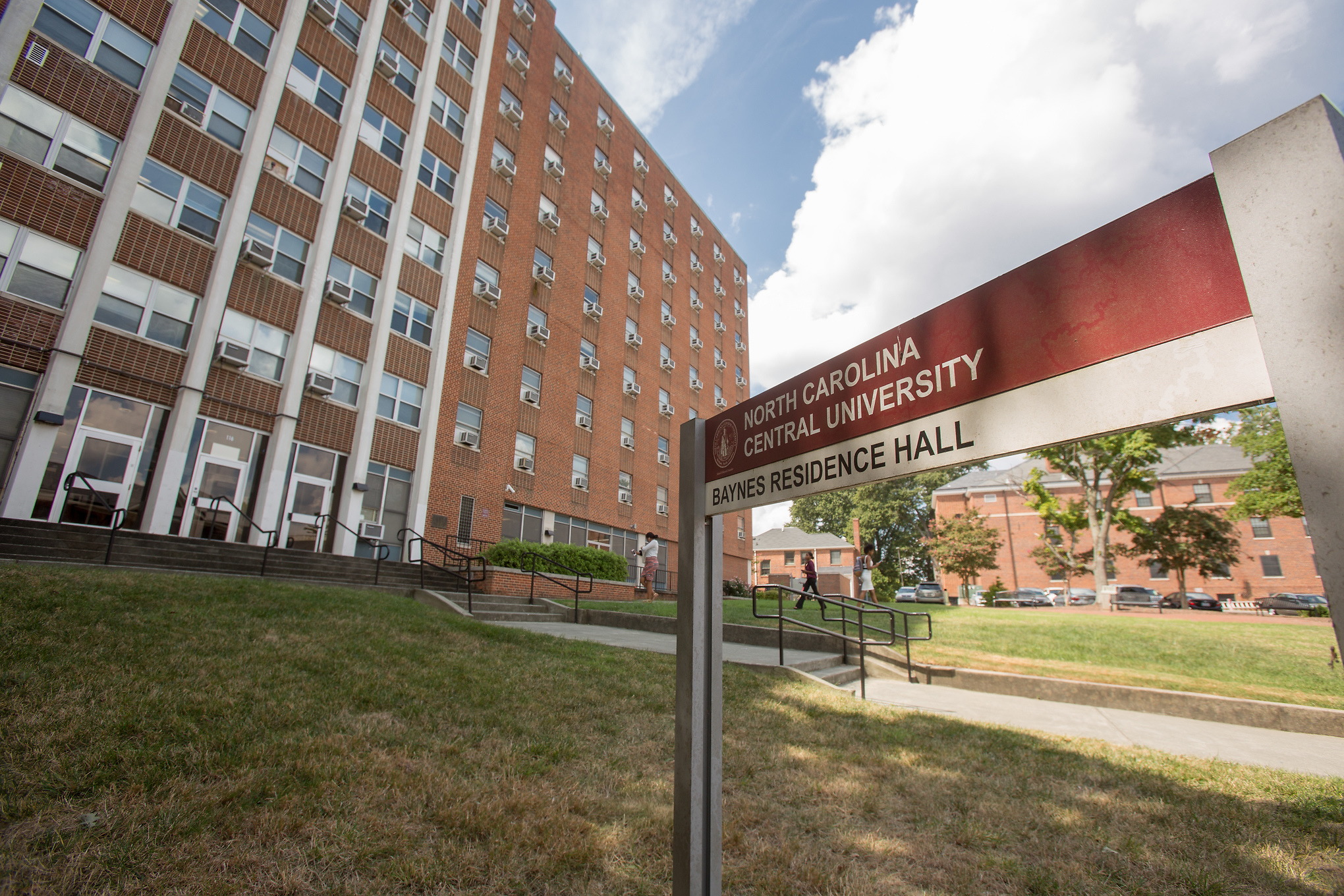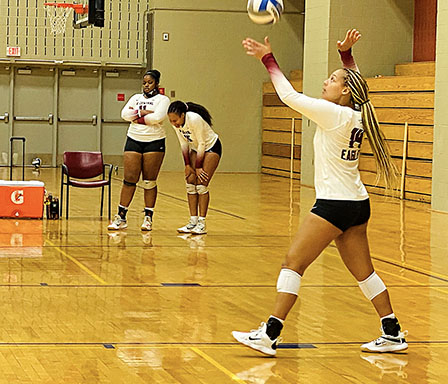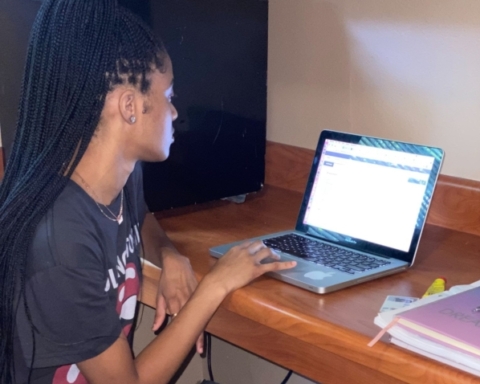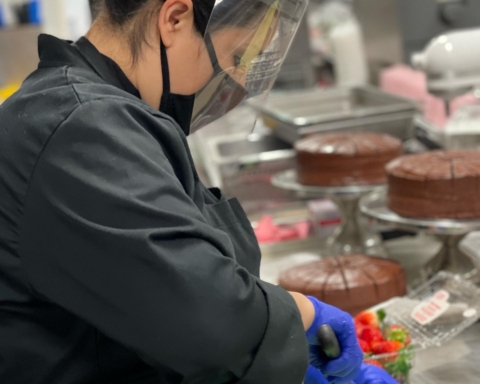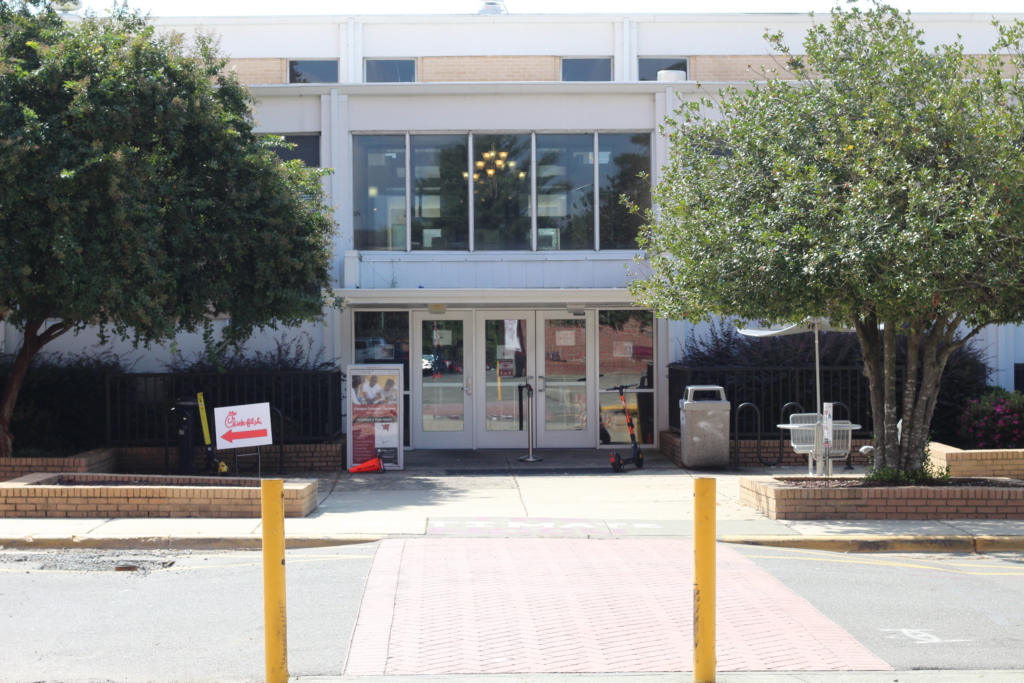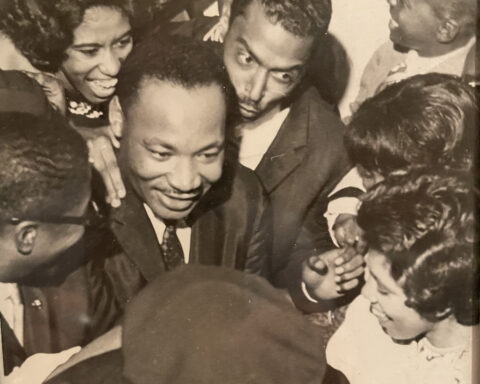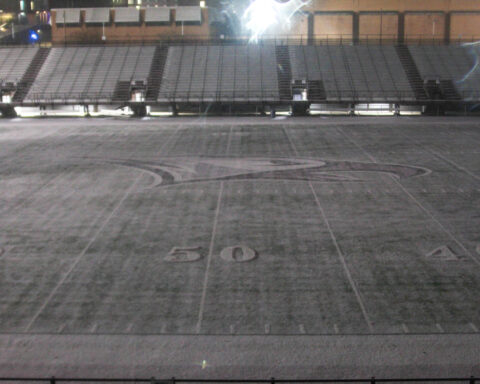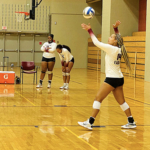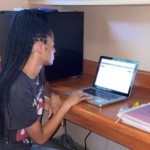Some N.C. Central University students who tested positive for COVID-19 or had symptoms of the virus talked about their experience of living in quarantine housing on campus.
If a student living on campus had close contact with someone with COVID-19 within the last 14 days or is showing cold-like symptoms, they are immediately moved out of their dorm and into quarantined housing on campus.
“The living conditions were okay,” said an NCCU senior business administration student who also asked not to be identified by name.
He stayed in Martha Street apartments where he had a common area, kitchen, and bathroom to himself. For the most part, the apartment was clean but his [only] concern was that there was no place for him to wash his clothes for the [entire] two weeks he was in quarantine.
The NCCU student said that he was “puzzled” when he received a phone call from his boss informing him that he had to get tested for COVID-19. He added that he “felt distraught, angry, and concerned.
“(My boss) said that the gentlemen she had just hired had tested positive for the virus,” said the NCCU student.
Not only did he have to get tested but his co-workers as well.”
The student added that during his stay in the quarantine housing “there were no medical resources provided, but if he needed something he could call Dean Hartfield for anything.”
“We do have testing on campus,” Assistant Vice Chancellor and Dean of students Joy Hartfield said in an email.
“We have an external vendor they answer essentially to the health department, so everything is connected to the campus community.
Although students are allowed to get tested off campus, Hartfield said that NCCU encourages students to not do that because it is better for the school to keep track of the students’ health.
“If someone is positive them we move that student and their close contacts to quarantine and isolation. Quarantine means that you have been identified as a close contact and we have to quarantine you just to make sure because it can show up at any time during a 14-day period.”
When students have been identified as close contacts they must stay in quarantine housing during the entire quarantine process.
“Even if (the students) take a test and it comes back negative it still may be an incubation period where it’s not showing up on (their) test; and some students get frustrated with this and it’s tough for them to understand,” said Hartfield.
There has been a total of 61 confirmed positive cases among students on campus; with 11 confirmed cases among NCCU faculty and staff according to the NCCU COVID-19 dashboard as of Oct. 5.
“We have to explain whatever questions the student has,” said Hartfield, “And then we let them know that [they] have about an hour and were going to have someone to come and (pick them up) so (they’ll) have to pack comfortable clothes, make sure they have all their academic item that [they] need, medications, toiletries, bring towels.
She added that the student is dropped off and assigned their own space. Bedding is provided for students in quarantine housing along with other essential items that a student may forget to grab from their residence hall according to Hartfield.
Spending two weeks in quarantine or isolation can be hard for a college student. One NCCU student said he kept himself entertained by “watching movies, talking to family and friends, listening to music, and doing his homework.”

